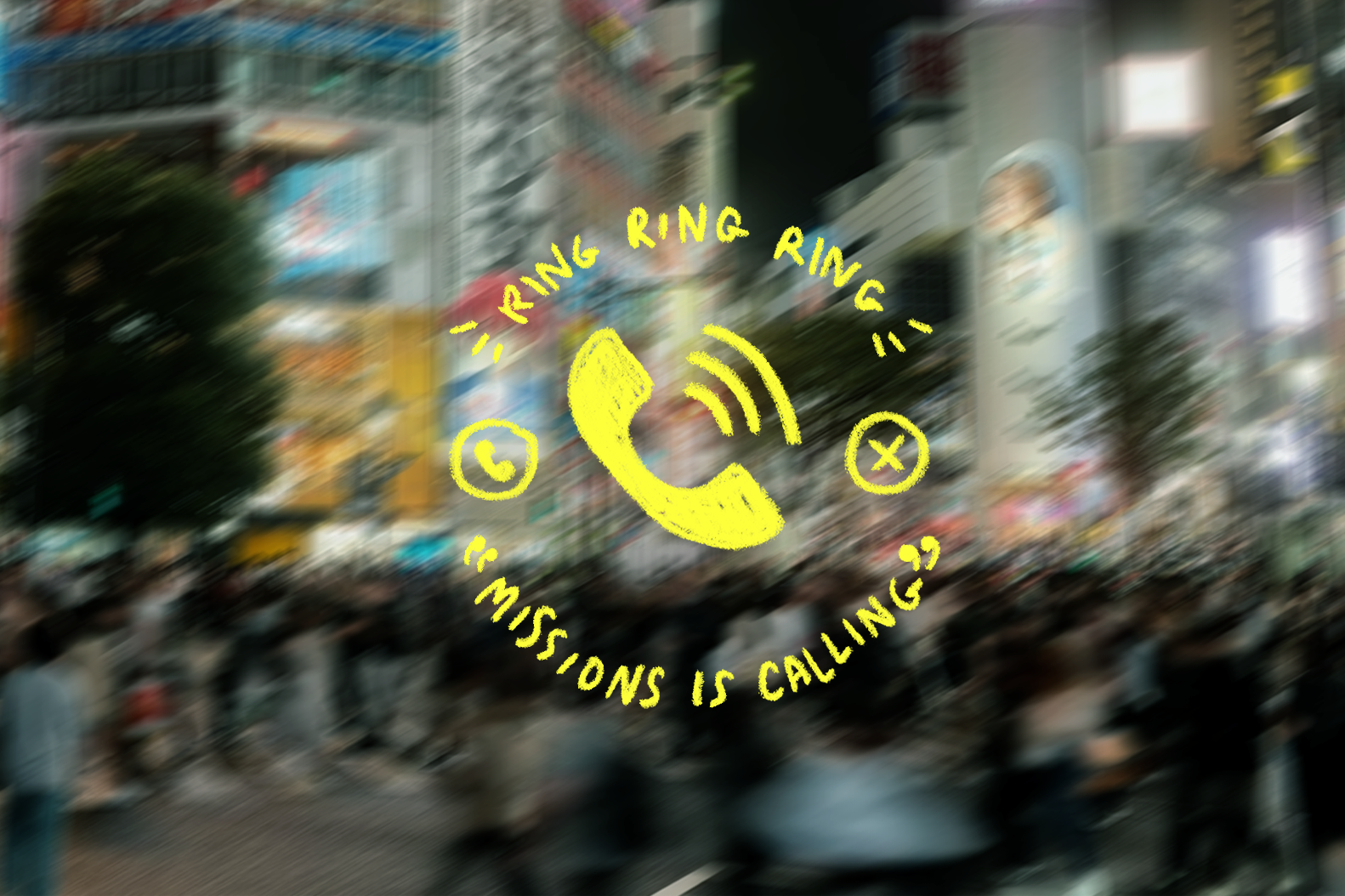When I mention the word “bubble”, what do you picture? Real bubbles made of soap floating peacefully in the air?
Lately, I have been thinking of a different kind of bubble. The dictionary defines this other kind of bubble as “a zone of psychological isolation, where one’s preexisting ideas are reinforced through interactions with people of similar social identities”.
And, well, I think I have been living in such a bubble…
Why I’m in a bubble
Growing up as a second-generation Christian, I have always been surrounded by fellow Christians. My weekends were spent going to church and service, and the Christian community was something I held onto dearly.
In school, it was yet another bubble. Coming from Special Assistance Plan (SAP) schools, the people I met were predominantly Chinese or from relatively affluent backgrounds.
Being surrounded by people of similar social identities is not inherently wrong. But it was undeniably a bubble. A bubble of privilege.
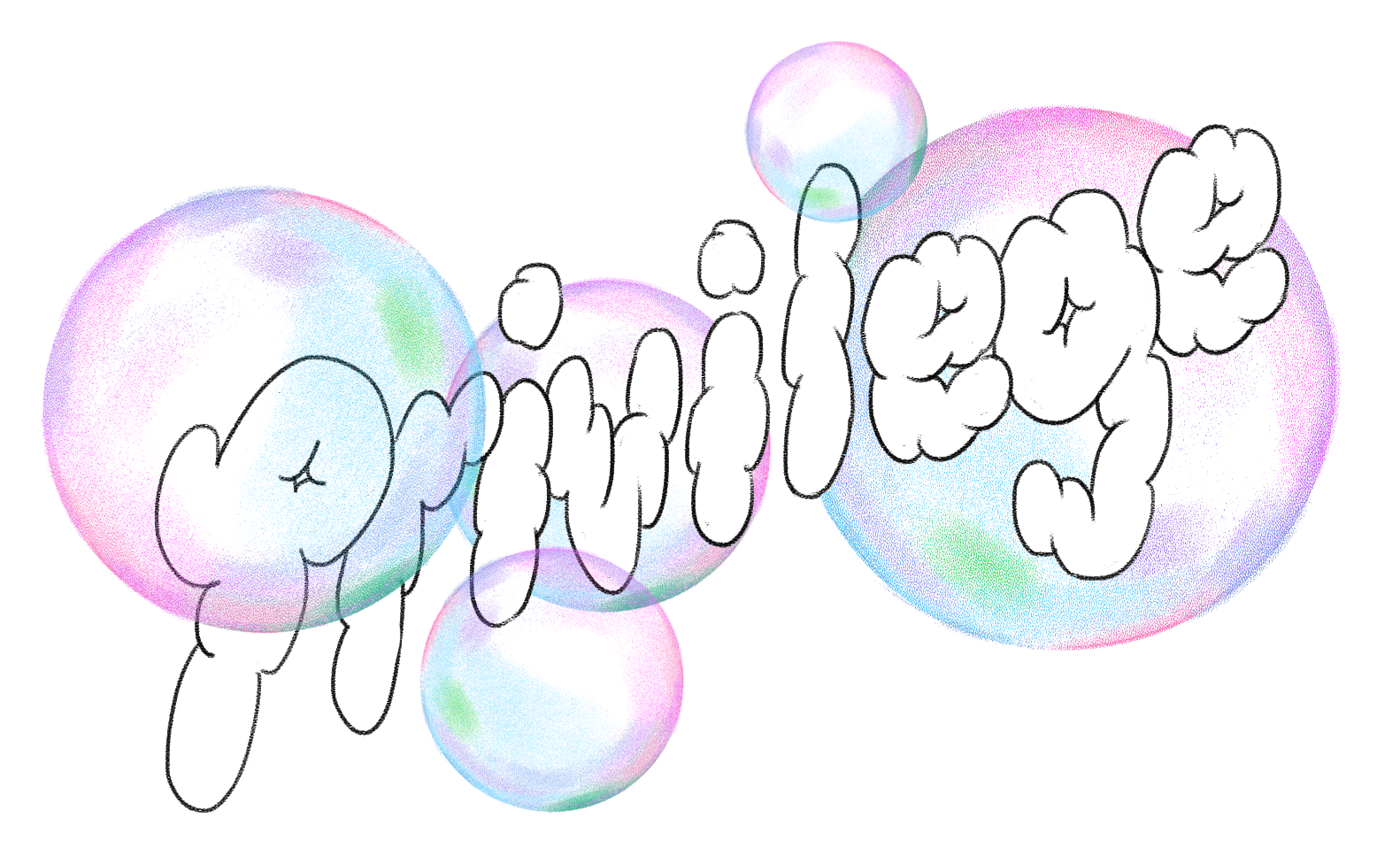
I didn’t really have interactions with anyone from other races save for one or two friends.
I struggled to connect with those from differing educational backgrounds, not understanding the paths they walked.
In church, it was more about spending time with my cell brothers and sisters than anything else.
As such, bubbles like these clouded my vision and caused me to lose focus on my priorities. It bred a huge problem.
The first layer of this huge problem was ignorance.
Being in a bubble blinded me to the differing circumstances of those around me. I was fixated on things that only mattered to me, which were mainly my grades and co-curricular activities.
The second layer was indifference. This layer is much more dangerous than the above as it is beyond simply being unaware. It means not doing anything about being in a bubble.
Simply put, I had become apathetic and I had started to tune the world out. Though I was very much privileged position, I never really used my means to help others or to get to know people beyond my circle.
Indifference is harmful as it perpetuates the cycle of being stuck in a bubble. Last year, the Straits Times had an article that covered this very topic, and while reading it – it really struck home. It was sobering to realise how indifferent I had become. I felt guilty even.
In my apathy to the world around me, I had come to a standstill. Worst of all, I had neglected God’s calling.
Beyond the four walls
In church, it is common to hear your pastor preach about going beyond the four walls to bless the community.
This is an extension of what God intends for our lives. When we remain in our bubbles, all we see are our own two feet. But Jesus has called us to make disciples of all nations, to love our neighbours as ourselves (Matthew 28:19, Matthew 22:39).
Can we truly do that if we only hang around people similar to us?
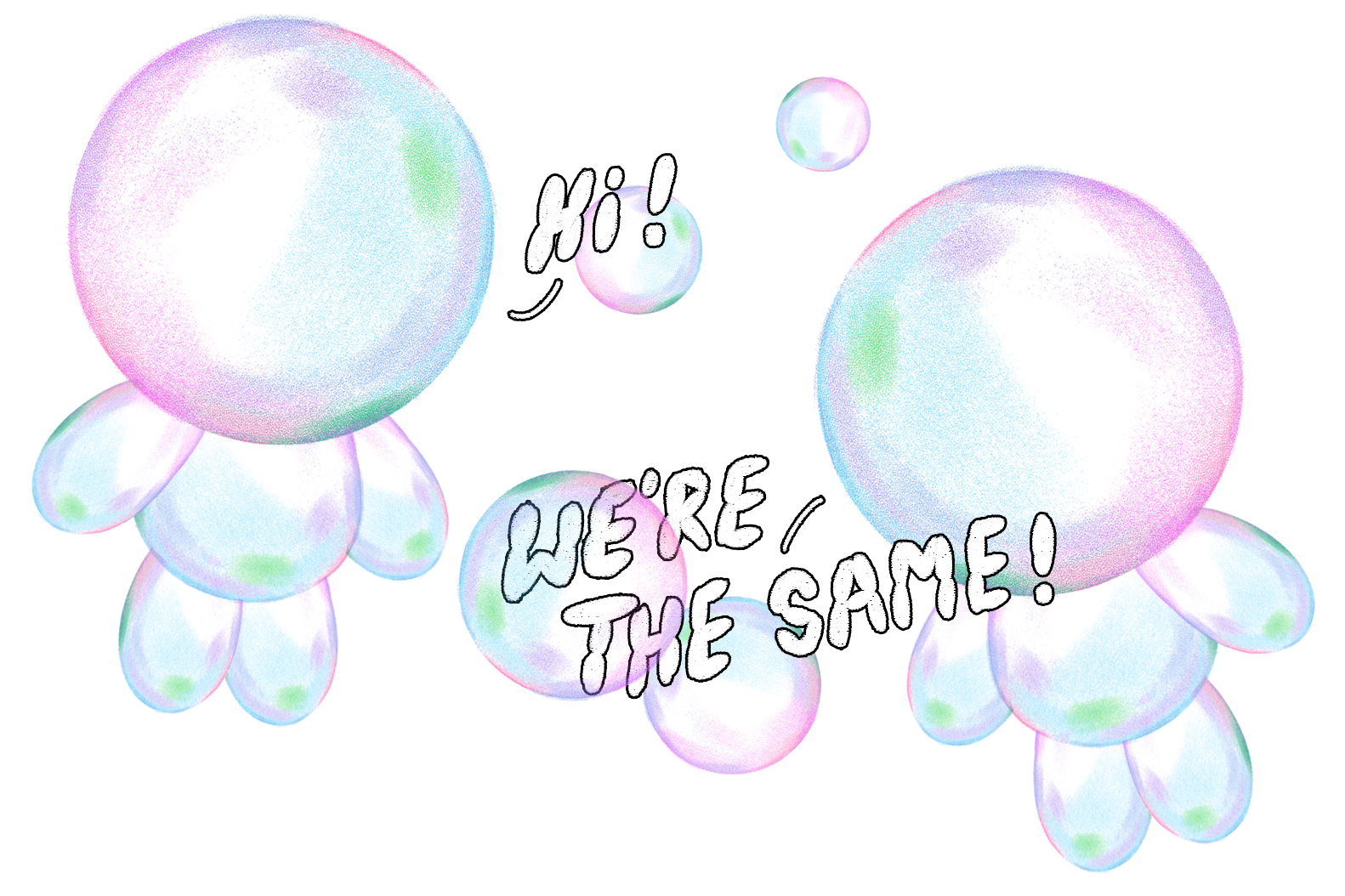
Though the circumstances in our lives might not be up to our choosing, what we do with these circumstances is very much our responsibility.
I might not have chosen to be born into a Christian family but I can choose to still heed God’s commandment to be salt and light in this world (Matthew 5:16).
As much as we might like to live in our comfort zones, the truth of the matter is that we are not exempt from what God has called us to do. We can’t do that in a bubble, so here are three practical ways to break out of them.
Breaking out of our bubbles
1. Confess and serve
The first step to breaking out of our bubbles is to bring it all before God. Our desire to be less ignorant and loving must begin with from the heart, not self-condemnation. If not, all we do will be futile.
God sent Jesus to an unbelieving world; the Gospel is precisely about reaching out who those who have yet to believe (Romans 3:22). Jesus came down to earth not to be served but to serve and give His life to many.
When we only cocoon ourselves amongst believers or people similar to us, we are likely not where God wants us to be. Let’s come back to God by acknowledging where we have gone wrong in isolating ourselves from the world.
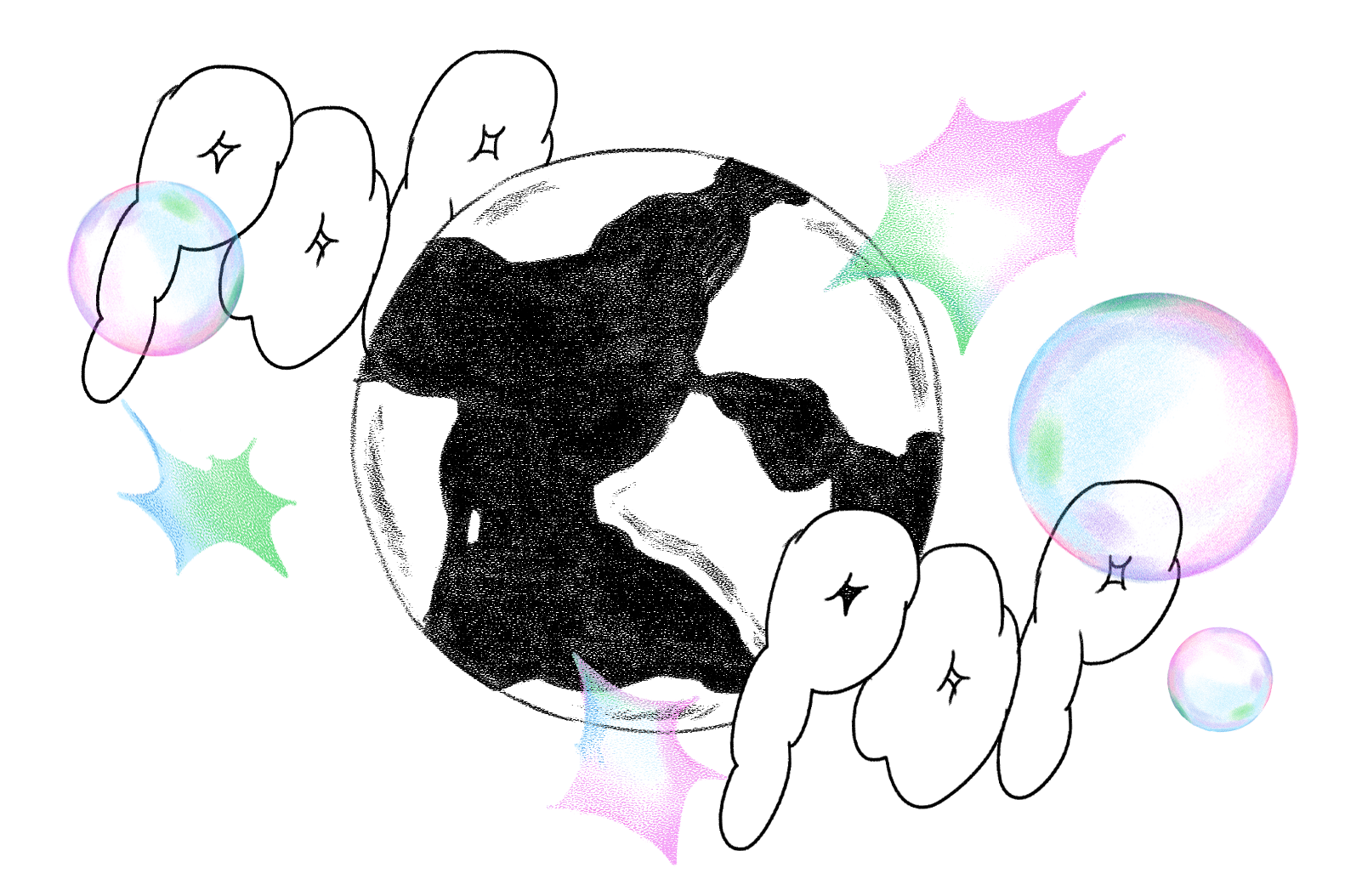
When we do so, we will recognise that we have been blessed with certain privileges such as time, money and even certain skills. We will recognise the need to use these privileges to love and serve others.
Servanthood is serving others in love, emptying ourselves for the sake of others. It is being willing to be made low, which runs contrary to the culture of the world that calls us to be bosses, to be leaders.
But servanthood is precisely what Jesus embodied, so we ought to follow His example.
Serving others can be as simple as volunteering in your community; a quick swipe on giving.sg will leave you with an array of opportunities and beneficiaries to choose from.
Whether it is tutoring children from low-income families or planning arts and crafts for the elderly, you can use the skills and privileges you have to good use.
There are a plethora of opportunities and needs in the church as well, as look to your spiritual community to see how you can be hands and feet and a blessing.
In this way, we become more like Jesus, loving far, deep and wide.
2. Can I pray for you today?
An alternative to volunteering and serving? Prayer.
One way we can start would be to grab a friend or a family member and go around your neighbourhood to pray. Fundamentally, the goal of a prayer walk is to open your eyes and hearts to the needs of your community.
When we are on the ground, it gives us the chance to tangibly witness the people and places that need prayer (1 Thessalonians 5:17-18). Our prayers extend beyond our own concerns when we open ourselves up to see other people with God’s eyes and heart.
CruSingapore has a comprehensive guide on how you should prayer walk.
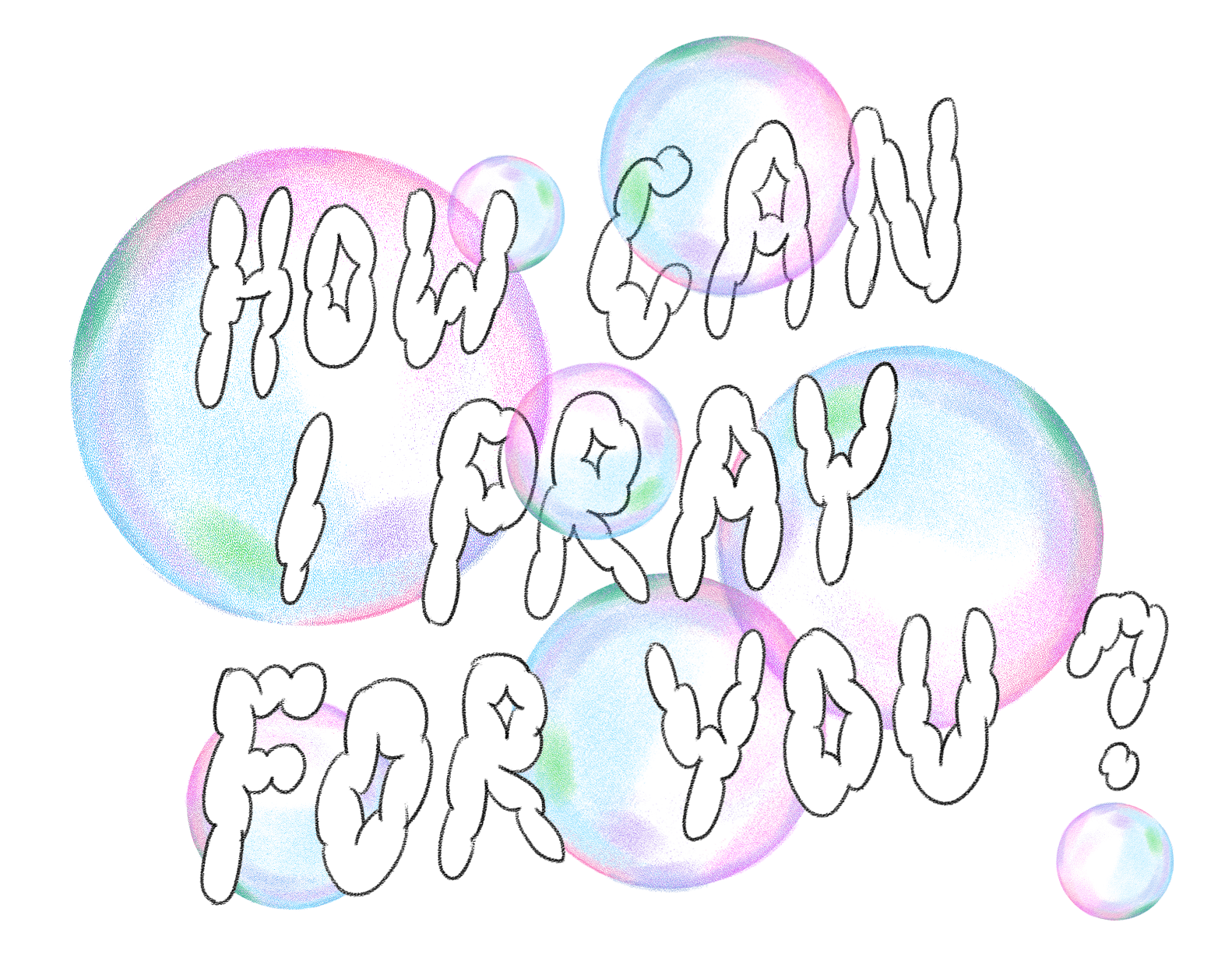
Beyond simply praying for our neighbourhood, we can reach out to individuals by praying for them. Striking up conversations with the people we see around our estates can open doors for them to receive prayers and blessings and eventually the Gospel.
The heartbeat behind all of this is realising that knowing Jesus is a privilege. This privilege is something that we need to share with those who don’t know Him yet.
3. Look beyond our shores
Lastly, breaking free of our bubbles also means going beyond the shores of Singapore.
Singapore has been blessed with a stable government that has led it to become the first-world country that we enjoy today. But these things are not what our neighbouring countries might be experiencing.
Going on mission trips, for example, gives us a glimpse into the lives of those who are less fortunate and gives us the chance to use our privilege for good.
Whether it is disaster relief, helping to educate children in English or building infrastructure, mission trips are an avenue for us to be the salt and light of the world.
These trips help us break free from our narrow perspectives of what the world may be, and to acknowledge that we are all God’s people who are dearly loved.
Let us give these trips a chance, to see how we can love and serve people beyond our nation.
All in all, breaking out of our bubbles is a long-term commitment that we need to entrust to God for His help as we walk with Him.
I was stuck in my bubble long enough. I know that God didn’t place me in this world to be isolated from it.
My prayer for all of us today is to be empowered and guided by the Holy Spirit, so that we are effectively sent into a world that needs Jesus!
- Do you find yourself being in a bubble?
- What can you do to break out of your bubble(s)?
- Think of a group of people you would like to serve. How can you reach out to them?







